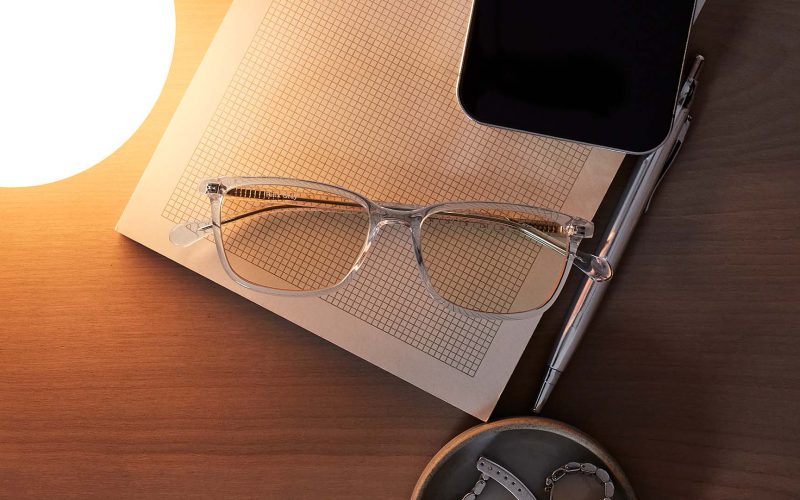The clocks have been turned back, and the days are getting darker. With this comes more exposure to artificial light and Blue Light. We’ve put together some easy tips to help ease the transition to the longer nights ahead.
1. Limit your Blue Light exposure
It’s always best to limit screen time before going to bed, but we know it’s not always possible. If you need to look at your devices, make sure to turn to our Amber lens for a little extra support. Our Amber lens filters 23X more Blue Light where it matters most, and is clinically proven to help improve sleep.
2. Find time to decompress
Whether it’s by reading a book, taking a warm shower, or drinking a cup of caffeine-free tea, give yourself time to let your body relax and rewind down before going to bed.
3. Regulate your sleep schedule
Going to bed and waking up at the same time every day can help regulate your sleep-wake-cycle and get your body into a rhythm. Try and avoid making dramatic shifts and changes to your sleep cycle throughout the week.
